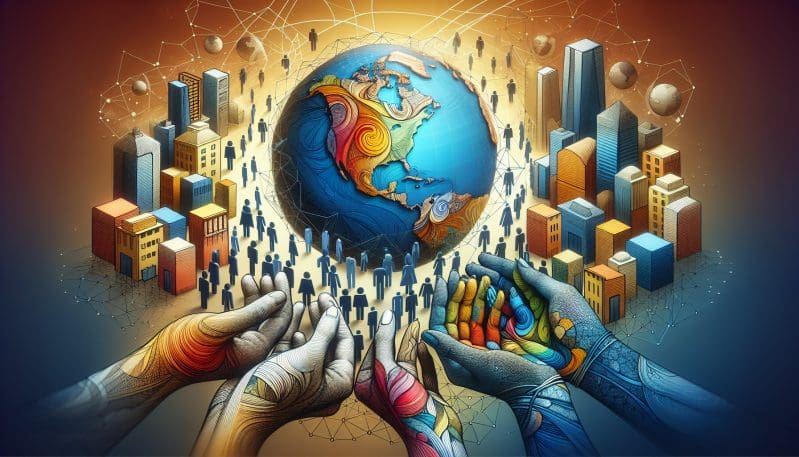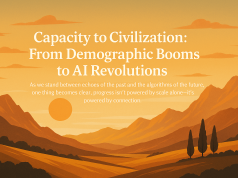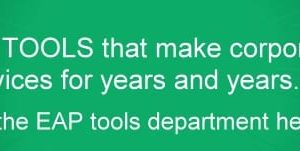In an era marked by uncertainty, the Davos 2024 summit coined a theme that strikes at the core of our collective quest for stability: ‘Rebuilding Trust’. The reverberations of this mission are felt acutely in the world of work, where trust is the fundamental currency that drives innovation, productivity, and societal cohesion. In this critical juncture, The Work Times stands at the forefront, seeking insights from industry gurus and academics alike on the transformative role that workplaces must play in knitting the fabric of global unity tighter than ever before.
Rebuilding trust is not a task for the faint-hearted. It requires a concerted effort from both employers and employees to look beyond the skyline of New York and embrace a universal perspective. Workplaces are no longer confined to the physical structures that once defined them; they are now interconnected through the global village that technology has helped to create. This presents an unprecedented opportunity for workplaces to become beacons of trust, going beyond geographical borders to establish a collaborative and inclusive culture that contributes to the greater good.
But how can this be achieved? We must delve into the strategies that can transform today’s workplaces into models of solidarity and trust-building. Employers need to demonstrate genuine commitment to their workforce through transparent communication and ethical business practices. Employees, on their part, must engage in open dialogue and shared purpose, fostering an environment where diverse voices are heard and respected. Together, they can create a workplace that not only delivers on its promises but also serves as a microcosm of the society we aspire to build.
We must also consider the socio-economic divides that continue to challenge trust in our institutions. Bridging this gap requires a comprehensive understanding of the disparities that exist and a willingness to address them head-on. Workplaces that are cognizant of these issues and actively work to alleviate them can serve as vanguards in the quest to rebuild trust.
Technological advancements, while a boon in many respects, also pose unique challenges to trust. The rise of remote working, automation, and AI means that the human element of work is evolving. Workplaces that harness these technologies while keeping human values at the forefront will pioneer the trust-building process. It is the delicate balance between embracing the future and preserving the essence of human connection that will define the workplaces of tomorrow.
Finally, we cannot overlook the rich tapestry of cultural differences that color our world. The workplace is a melting pot of these differences, and it is through understanding, tolerance, and celebration of this diversity that trust can flourish. Employers who encourage cultural exchange and sensitivity are laying the groundwork for a more cohesive and trusting global community.
In conclusion, The Work Times calls for in-depth analysis and actionable case studies that elucidate the critical role of workplaces in the global initiative of ‘Rebuilding Trust’. As we stand at the crossroads of history, it is incumbent upon us all to drive forward the message of Davos 2024 and lead by example, creating workplaces that are not just centers of economic activity, but hubs of solidarity, progress, and trust for a brighter and more united future.
We eagerly anticipate your contributions to this vital discussion, as we collectively map out the blueprint for a work environment that is at the very heart of global trust-building efforts.




























